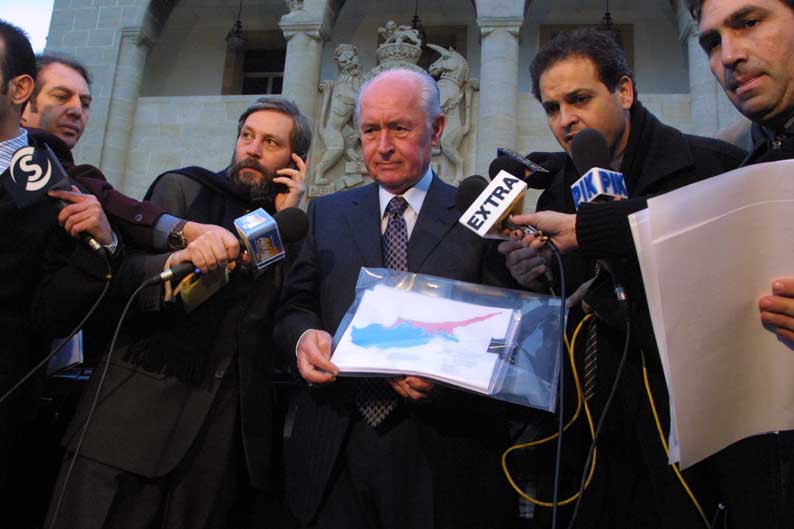The intervention of the government in the labour market will not end with the change in the calculation of the cost of living allowance (CoLA), which was finally agreed last week. Labour minister Yiannis Panayiotou, discussing his ministry’s budget at the House on Monday, made his intentions very clear, by telling deputies that his next move would be the re-adjustment of the national minimum wage, which will be done next month.
Panayiotou said the minimum wage, in accordance with the national decree, would be increased in two phases – at the start of next year and the start of 2028, which coincidentally is an election year. He could not say how much it would be increased by, because this would be discussed by the advisory committee which will meet in the next few days; invitations were sent on Monday, he said. Any rise in CoLA would be over and above the increase of the minimum wage “which will be readjusted based on criteria and points of reference,” Panayiotou said.
Intervention in the labour market by setting the level of the minimum wage and imposing automatic yearly adjustments to wages, regardless of productivity, is a throwback of Soviet-type economics. The Christodoulides government seems to show total disregard for rules of the market economy, preferring that the state determines wages rather than the forces of supply and demand. And it is doing this at a time when the unemployment rate is at a record low of less than five per cent. In such conditions there would be upward pressure on wages regardless of what the government decided and no need for advisory committees to fix the minimum wage.
Of course, most deputies are fully behind this state intervention in the economy. In fact, the chairman of the labour committee – an Akel deputy – pointed out during the meeting that the state budget did not deal “with inequalities” and Panayiotou, like a good socialist, responded that the most effective way of dealing with inequalities was by “strengthening the adequacy of wages.” But how would the strengthening be achieved? By state decree? And who decided that inequality in pay, which is a key feature of a well-functioning market economy, must be dealt with?
In fairness, this type of state intervention in the labour market is also encouraged by the European Commission, which regularly displays socialist thinking. Panayiotou said that in the first quarter of 2026 the action plan for expansion of collective bargaining, which is envisaged in the relevant European directive, would be completed. The Commission wants wages to be determined through collective bargaining in each sector, which is a ludicrous idea as it forces a small business to pay the same wages as a big and profitable business.
This makes no economic sense, but it appears economic irrationality is the order of the day and it is not specific to Cyprus. The European Commission is leading the way.







Click here to change your cookie preferences